Prizewinners, playwrights and poets: meet 2023 inductees into Ky. Writers Hall of Fame.
Kentucky can claim an enormous breadth and depth in its writers, and this year’s inductees to the Kentucky Writers Hall of Fame show how rich it really is. From two of the nation’s most prized playwrights to a poet of the Harlem Renaissance, this year’s entries — three living, two posthumous — encompass a wide spectrum of literature’s history and future.
“The Carnegie Center and the Kentucky Arts Council created the Hall of Fame in 2012 to recognize great Kentucky writers of the past and present, and to educate Kentuckians about this state’s rich literary tradition,” said Tom Eblen of the Carnegie Center, who manages the Hall of Fame process. “One thing we’ve found in doing this each year is that Kentucky’s greatest writers are as varied and diverse as the Commonwealth itself, and always have been. It is something for Kentuckians to be proud of.”
The ceremony will be held on March 23 at 7 p.m. at the Kentucky Theatre.
This year’s inductees are:
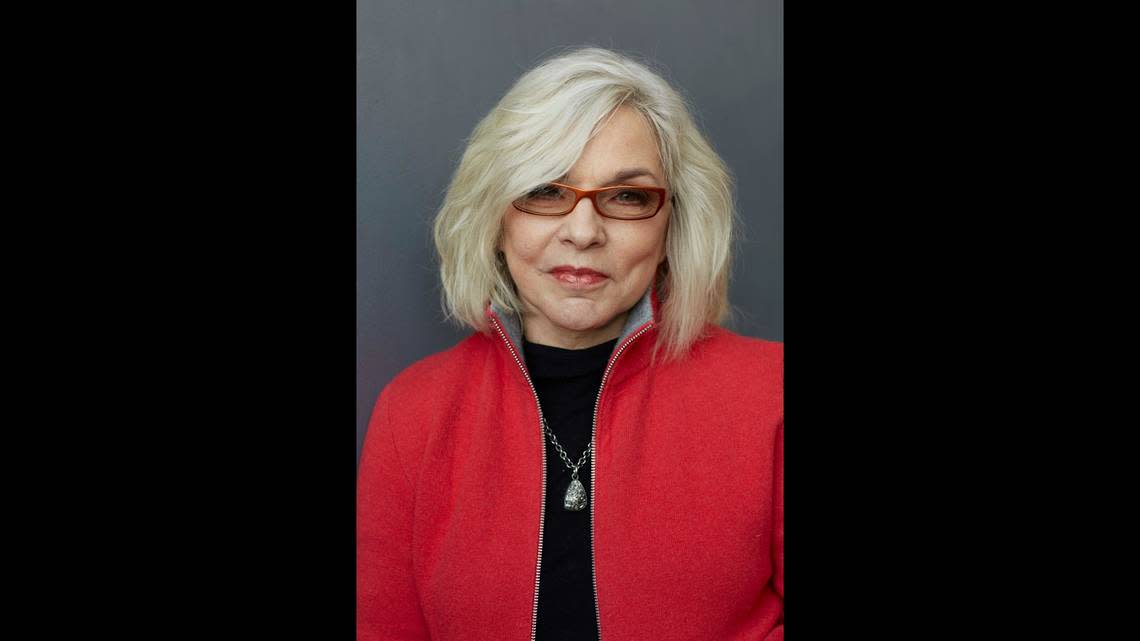
Marsha Norman: A Louisville native, Norman is a playwright, screenwriter and novelist, winner of the Pulitzer Prize and numerous Tony Awards. She graduated from Agnes Scott College in Decatur, Georgia, and earned a master’s degree from the University of Louisville. She started out writing for the Louisville Times and Kentucky Educational Television and worked as an educator in Jefferson County.
The first of Norman’s 14 stage plays, “Getting Out” was produced at the Actors Theatre of Louisville and then Off Broadway in New York in 1979. She won the 1983 Pulizer Prize in drama for her play, “ ‘night, Mother,” which also won a Drama Desk Award and a Tony Award nomination. Norman also turned the children’s classic, The Secret Garden by Frances Hodgson Burnett into a musical, which won Tony and Drama Desk Awards in 1992. She went on to write the book for the Broadway musical of Alice Walker’s novel “The Color Purple,” getting a Tony nomination for the original 2005 production. She was co-chair of playwriting at Julliard for 25 years until her retirement in 2020. She lives in the Berkshires in Western Massachusetts.
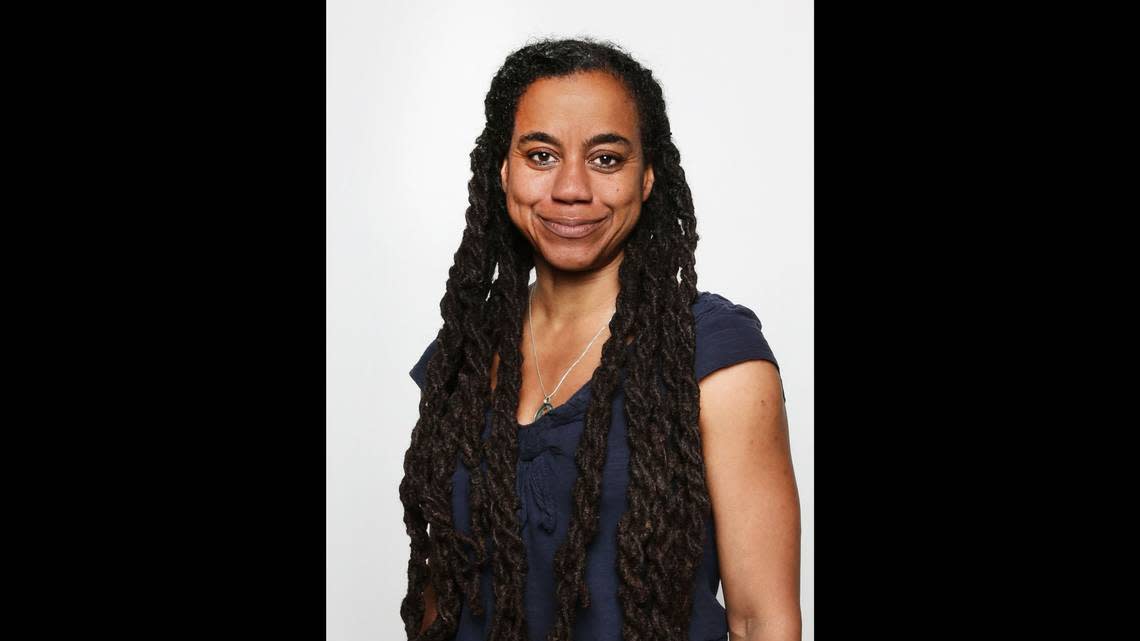
Suzan-Lori Parks: Parks is a playwright, musician,novelist, essayist and performer, who is the first Black woman to win a Pulitzer Prize for drama (2002). She was born at Fort Knox, and grew up there and on bases in West Germany, California, North Carolina and Texas. At Mount Holyoke College, she studied with James Baldwin, who encouraged her to become a playwright. Her first Broadway play, “Betting on the Dust Commander,” centers on Kentucky Derby day.
In 2018, the New York Times named her 1999 play, “Top Dog/Underdog” as the best American play of the previous 25 years, since Tony Kushner’s “Angels in America” (1993). In 2022, “Top Dog/Underdog” began a critically acclaimed 20th anniversary revival — one of four plays Parks has running in New York during the 2022-2023 season. On March 13, 2020, Parks decided to write a play every day, which she turned into an off-Broadway staging of “Plays for the Plague Year.”
Parks was named a MacArthur Genius in 2001. She teaches at New York University and is writer in residence at the Public Theater in New York.
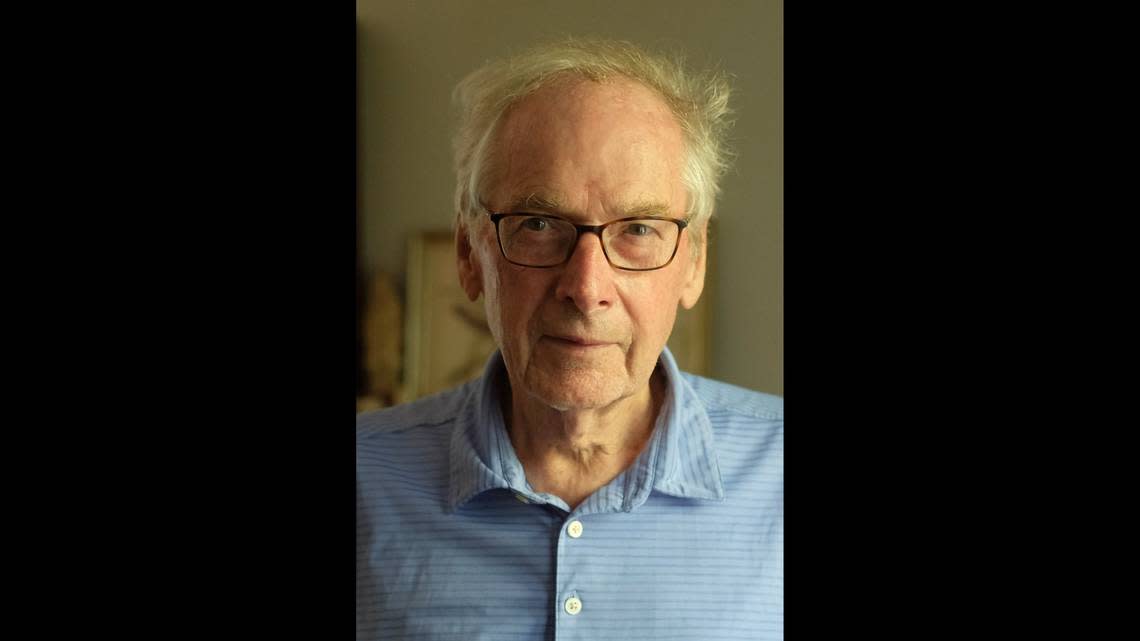
Richard Taylor: A sixth-generation Kentuckian who lives near Frankfort, Taylor is the author of 12 books of poetry, two novels and four books of nonfiction. Taylor earned his B.A. in English from the University of Kentucky in 1963 and an M.A. in English from the University of Louisville in 1964. He earned a law degree from U of L (1967) and a Ph.D. in English from UK (1974). Taylor taught for many years at Kentucky State University, and recently retired as the Kenan Visiting Writer at Transylvania University.
Taylor served as Kentucky’s poet laureate from 1999 to 2001. The first of his 12 poetry collections, “Bluegrass,” was published in 1975 as one of the first books printed by Gray Zeitz at his legendary Larkspur Press in Owen County. Three of Taylor’s poetry books have been narratives about famous Kentuckians: Rail Slitter: Sonnets on the Life of Abraham Lincoln (2009); Rare Bird: Sonnets on the Life of John James Audubon. (2011) and the recently published Bull’s Hell: Poems on the Life of Cassius Marcellus Clay.
Taylor’s book “Elkhorn,” winner of the 2018 Thomas D. Clark Medallion for the best book about Kentucky’s history or culture, chronicles an eight-mile stretch of Elkhorn Creek near his home in Frankfort.
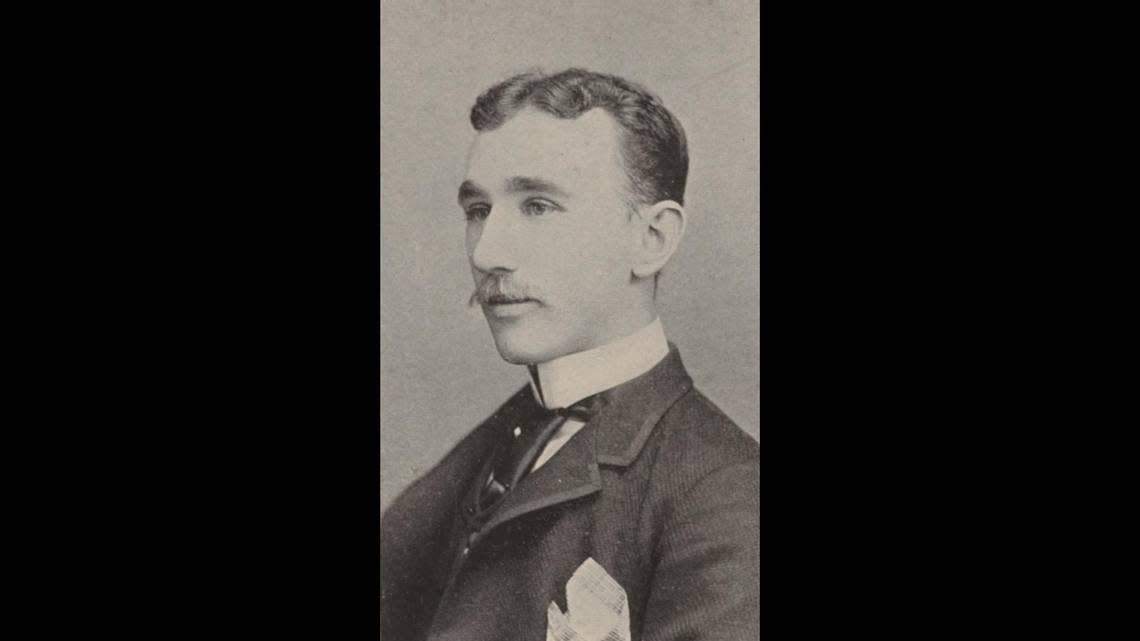
Madison Julius Cawein (1865-1914): Cawein was a nationally popular romantic from Louisville around the turn of the 20th century. According to Eblen, most of his poetry was about nature, extolling the natural beauty of his native Kentucky. Comparisons to the British poets Percy Shelley and John Keats earned him the nickname “Keats of Kentucky”. When Cawein was 9, the family moved to rural Oldham County, where his father managed the Rock Springs Hotel. Cawein graduated from Male High School in 1886 and was selected “class poet.”
In 1887, at age 22, Cawein used his savings to publish “Blooms of the Berry,” his first collection of poems. Cawein lived for many years with his parents in a house at Nineteenth and Market streets, where he wrote 19 books. That house is now Legacy Funeral Center.
Cawein wrote more than 1,500 poems and published 36 books. From 1907 until 10 months before his death, the Caweins lived in a large house on St. James Court now owned by Hall of Fame novelist Sena Jeter Naslund. He died at 47 and is buried in Cave Hill Cemetery.
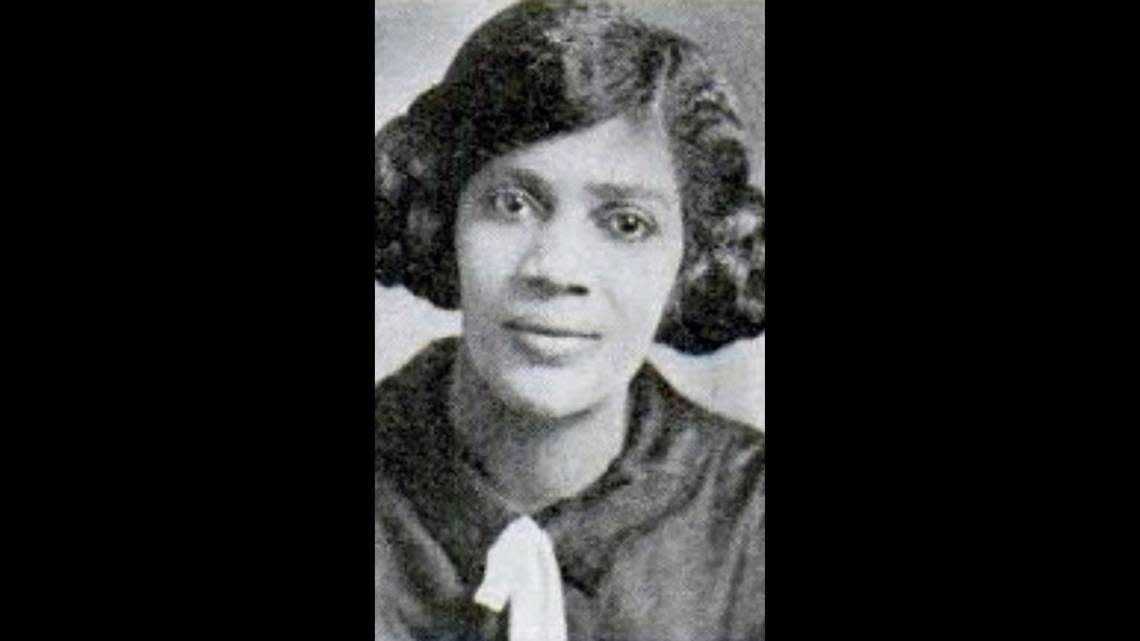
Blanche Taylor Dickinson (1896-1972): Blanche Taylor Dickinson was a poet, short story writer and journalist whose poetry was published in a number of magazines and newspapers in the 1920s and has been widely anthologized with other Black poets of the Harlem Renaissance. She was born in Franklin, Kentucky, on April 15, 1896, and attended segregated schools in Simpson County, Bowling Green Academy and Simmons College in Louisville and taught for several years in Black schools.
Dickinson later moved to Pennsylvania. Her poetry would be published in numerous magazines, including Opportunity, W.E.B. Du Bois’ The Crisis, Caroling Dusk and newspapers including the Chicago Defender, the Louisville Leader, the Longview (Texas) News Journal, and the Pittsburgh Courier. In 1929, two white poetry magazines, The American Poet and Bozart, published her work. Since then, her work has been included in several anthologies of Harlem Renaissance poets.
According to Eblen, the 1940 census showed her back home in Kentucky, living with her father and a widowed aunt and working as a school teacher. In later years, she went by the name Patty Blanche Taylor, which is how her tombstone reads. She died in January 1972 at age 75 at Western State Hospital in Hopkinsville. She is buried in Pleasant View Cemetery in Simpson County.
